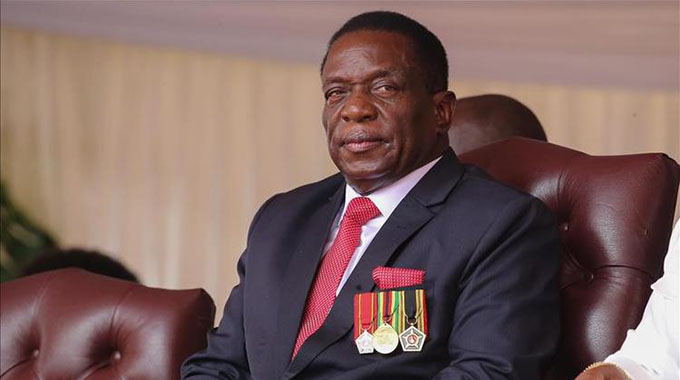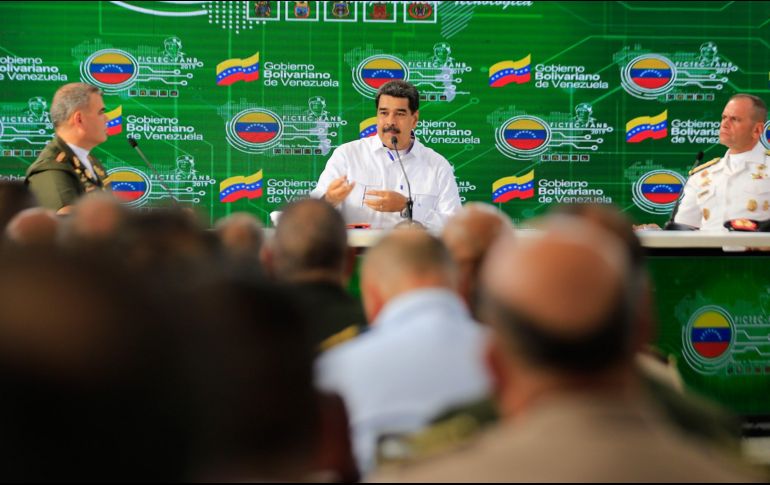Trump and the American Countryside
Trump came to power after an election campaign in which he pledged to stop "other countries from exploiting" his country. He has already fought against America's allies, before [fighting] its adversaries. He canceled the North American Free Trade Agreement, which had been in place since the 1990s between the United States, Canada and Mexico. His administration negotiated an alternative agreement with the two countries, and it has not yet been ratified by the three countries. The United States imposed tariffs on steel and aluminum imported from both countries, so the two countries reciprocated the increase in tariffs. Both countries targeted the United States’ agricultural sector, until recently, when Trump announced the abolition of the United States’ tariffs.
The latest episode of the trade war came last week after negotiations collapsed between China and the United States regarding a new trade deal. As soon as the negotiations collapsed, the Trump administration announced that it had raised tariffs from 10% to 25% on Chinese goods worth $200 billion. Trump himself also threatened to impose the same tariff on the remaining $350 billion worth of goods exported by China to the United States. China reacted immediately, announcing that it would impose a customs tariff of 25% on goods exported from the United States worth $60 billion. To date, there are no indications that either country intends to retreat before the other. China has historical sensitivity from appearing to retreat under foreign pressure, and its trade negotiator with the United States has recently been attacked for the same thing. The president of the United States believes that a trade war is a winning card that strengthens his relationship with his main constituency. But perhaps that is precisely the political risk, as there are indications of the opposite. The president's party does not appear to support him, especially after a large portion of his supporters expressed outrage and were suffering from the ending of NAFTA and the tariffs imposed by China.
The Republican Party is traditionally the party of free trade. But given Trump's popularity, most Republicans were willing to give him the chance to renegotiate with other countries, as he desired. However, China's tariffs on U.S. exports have increased the struggles of the people in the American countryside, which exports its products to China. The agricultural states are the stronghold of the Republican Party and a core sector of the constituency that elected Trump. The most important thing that has been said about Trump and the Republican Party’s crisis with this sector was said by the Republican senator who represents Wisconsin, which was affected by Trump's trade wars. Sen. Ron Johnson described the tariff war with China, Mexico and Canada as "high-stakes poker and I hope we win."


